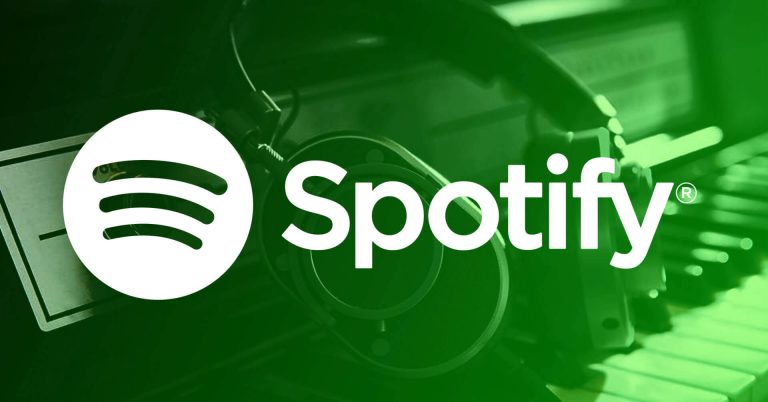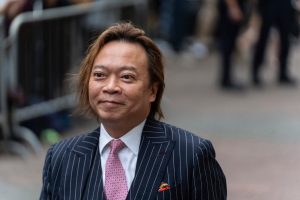In a courtroom drama unfolding in New York, former President Donald Trump finds himself at the center of a historic legal battle. Accused of falsifying business records to conceal hush money payments during his 2016 presidential campaign, Trump’s faces 34 felony counts. As the jury deliberates, the nation watches with bated breath. This case is not just about Trump; it’s a testament to the struggle for accountability in the highest echelons of power.
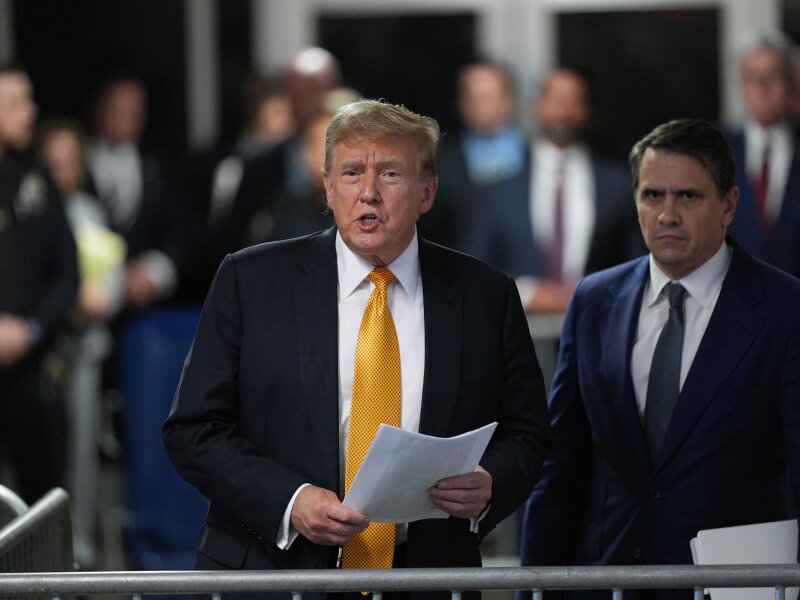
The Case at a Glance
Trump’s hush money trial hinges on a $130,000 payment made to porn star Stormy Daniels to silence claims of an extramarital affair with Trump in 2006. The prosecution argues that Trump reimbursed his then-lawyer Michael Cohen for the payment, misrepresenting it as legal expenses. This alleged falsification of business records was, according to prosecutors, part of a scheme to influence the outcome of the 2016 election by preventing damaging stories from surfacing.

The jury, comprising a diverse group of Manhattan residents, has been tasked with determining whether Trump knowingly engaged in this fraudulent activity. They must also decide if he did so with the intent of committing or concealing another crime, specifically a violation of New York election law. The stakes are high: a guilty verdict could severely impact Trump’s bid for the White House, while an acquittal would bolster his claims of political persecution.
Key Witnesses: Cohen and Pecker
The jury’s focus on testimony from Michael Cohen and David Pecker underscores their pivotal roles in this case. Cohen, once Trump’s loyal fixer, has turned into one of his most damaging accusers. His testimony detailed the mechanics of the hush money payment and Trump’s direct involvement. Cohen’s credibility, however, is complicated by his own legal troubles and history of lying under oath.
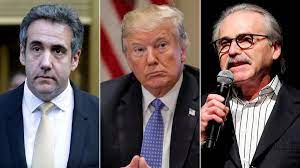
David Pecker, former publisher of the National Enquirer, provided corroborative evidence of Trump’s knowledge and involvement. Pecker’s testimony painted a picture of a deliberate “catch-and-kill” scheme designed to bury potentially harmful stories about Trump. His recounting of an August 2015 meeting at Trump Tower is particularly damning. According to Pecker, Trump, Cohen, and Pecker himself discussed identifying and neutralizing negative stories, marking the inception of the alleged scheme.
Pecker’s testimony about his phone call with Trump regarding Karen McDougal, another woman claiming an affair with Trump, is equally critical. Pecker testified that Trump was keenly aware of the allegations and the need to prevent them from surfacing. The publisher’s decision to back out of an agreement to transfer McDougal’s story to Trump’s control further illustrates the intricate web of deception.
The Jury’s Deliberations
As the jury resumed deliberations on Thursday, their requests to rehear specific testimonies signal the importance they place on understanding the full scope of the alleged scheme. Their need to revisit the judge’s instructions highlights the complexity of the legal issues at hand.
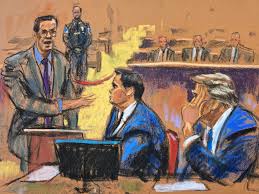
The jurors’ deliberations reflect the broader societal divide on Trump’s actions. His supporters view the trial as a politically motivated witch hunt, while critics see it as a necessary step towards holding a powerful figure accountable. Trump’s own public statements during the trial, in which he decried the process as unfair, further polarize the narrative.
The Broader Implications
This trial is more than a legal proceeding; it’s a litmus test for the American judicial system’s ability to impartially adjudicate cases involving high-profile political figures. A guilty verdict would signify a monumental shift, demonstrating that no one, not even a former president, is above the law. Conversely, an acquittal might embolden Trump’s claims of victimhood and galvanize his base ahead of the 2024 presidential election.
The trial also raises critical questions about the intersection of money, power, and politics. The alleged hush money payments and the tactics used to cover them up underscore the lengths to which individuals in power may go to maintain their image and influence. This case serves as a stark reminder of the need for transparency and accountability in political campaigns.
The Verdict’s Potential Impact
A guilty verdict could have far-reaching consequences for Trump’s political future. It would not only tarnish his reputation but also potentially disqualify him from holding public office. Such an outcome could reshape the Republican Party’s landscape, forcing it to reconsider its alignment with Trump.
On the other hand, an acquittal would likely strengthen Trump’s position within the party and on the campaign trail. It would reinforce his narrative of being a political outsider persecuted by the establishment, a narrative that has resonated with a significant portion of the American electorate.
As the jury continues its deliberations, the nation remains on edge. This trial, with its high stakes and complex legal questions, encapsulates the broader struggle for truth and justice in American politics. Regardless of the outcome, it will have lasting implications for how the United States navigates the delicate balance between legal accountability and political maneuvering.
In the end, this case is a crucial chapter in the ongoing story of American democracy. It is a reminder that the pursuit of justice is fraught with challenges, especially when it involves the powerful. As the jury weighs the evidence and the testimonies, the world watches, hoping that the scales of justice will ultimately tip towards truth and integrity.


